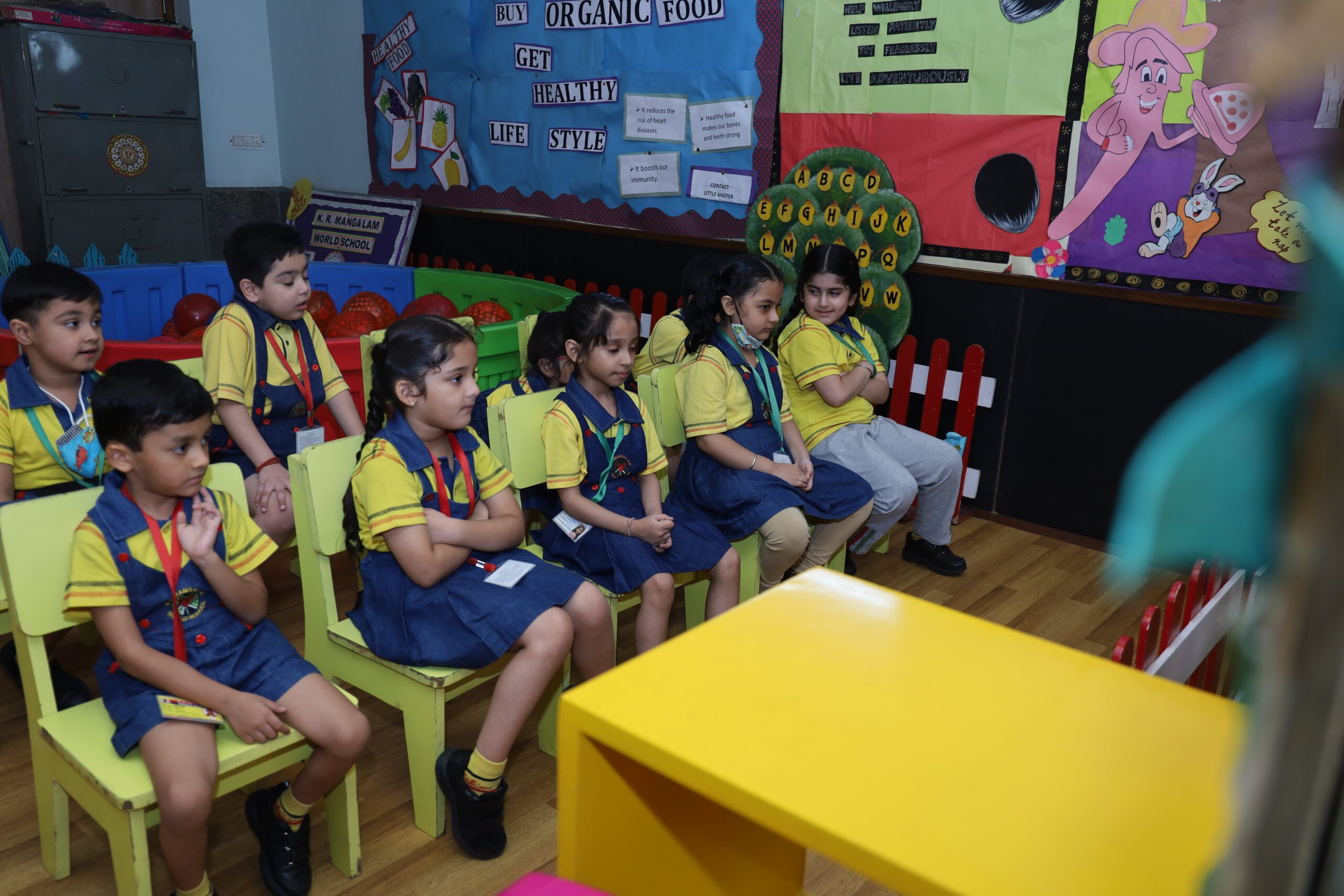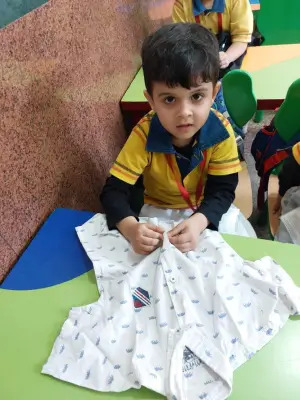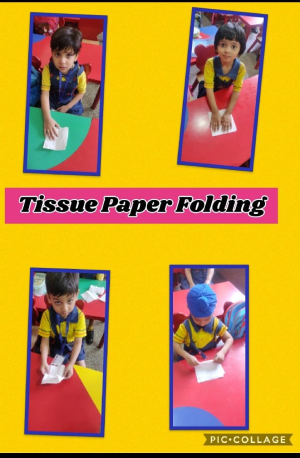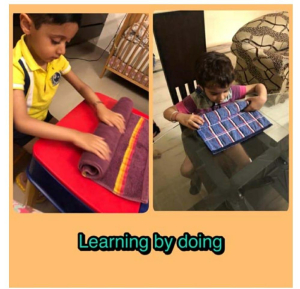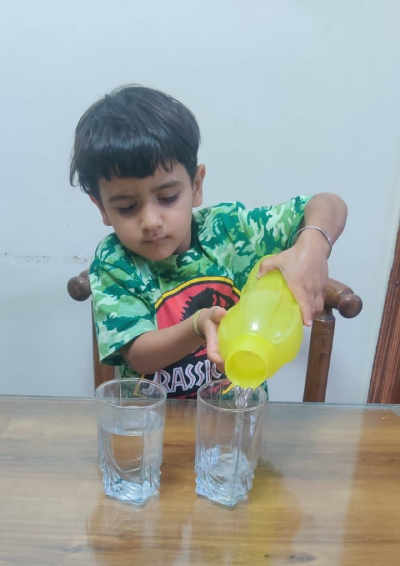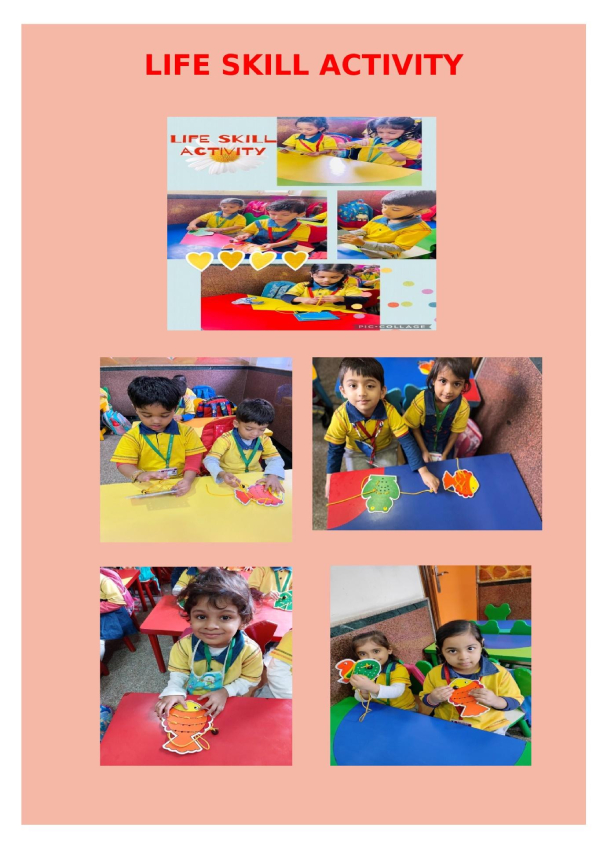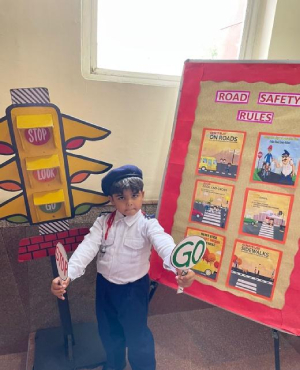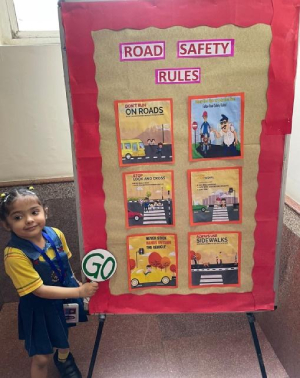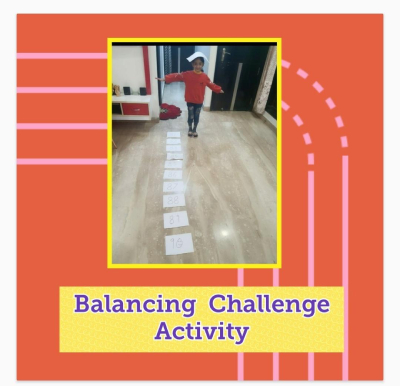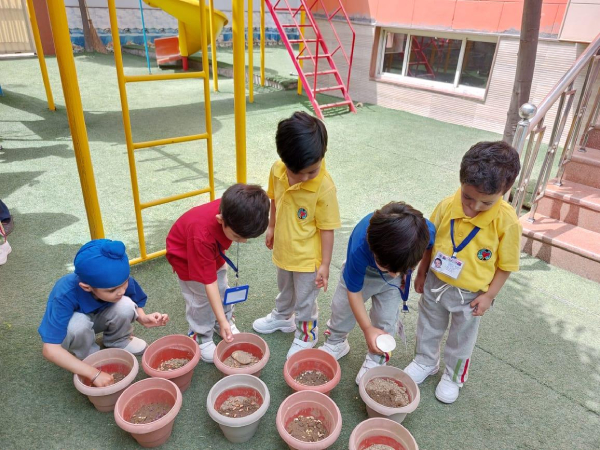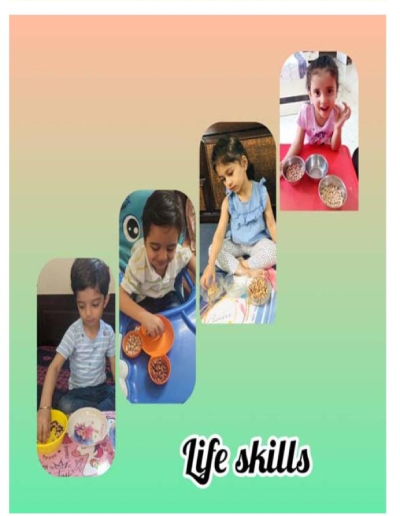Life Skills “Education is not the preparation for life, education is life itself”
Life skills are the skill sets that enable people to live happy, meaningful lives and reach their potential. Life skills include psychosocial competencies and interpersonal skills that help people make informed decisions, solve problems, think critically and creatively, communicate effectively, build healthy relationships, empathise with others, and cope with managing their lives in a healthy and productive manner.
Life skills are the skill sets that enable people to live happy, meaningful lives and reach their potential. Life skills include psychosocial competencies and interpersonal skills that help people make informed decisions, solve problems, think critically and creatively, communicate effectively, build healthy relationships, empathise with others, and cope with managing their lives in a healthy and productive manner.
Life skills education is based on research and methodology for positive pedagogy and positive education, developed alongside positive psychology. It is important to teach research-based life skills such as happiness skills, strength skills, resolution skills, emotional skills, interaction skills, relationship skills, time-management skills, self-management skills, and empathy skills at school. This way, children grow up to be mentally strong and resilient young adults. Adolescence is a vital stage of growth and development that marks the period of transition from childhood to adulthood. It is characterised by rapid physiological changes and psychosocial maturation. Adolescence is also the stage when young people extend their relationships beyond parents and family and are intensely influenced by their peers and the outside world in general. To help our students adapt and adjust well to the changing demands of society, the school emphasises life skills education as an integral part of the entire education system.
KRMVP incorporates life skills amongst its students in the following ways:
COUNSELLING ROOM
“May your heart & life be filled with overflowing health and joy, and may your radiance shine brightly around you.” ~ Beverly Basila
We, at K.R. Mangalam World School, Vikas Puri, have incorporated the approach of holistic health for our school students. As students’ progress from one grade to another, there are a host of developmental changes that they go through. To deal with these issues, children need proper guidance to go through these transitions. The Counselling Room is a student-friendly space that enables them to introspect and understand their own behaviour with the help of a counsellor in a safe and empathetic environment. It further provides support in dealing with emotional conflicts and personal problems both in school and how to incorporate the same into their daily lives. The school has an active counselling club including students and teachers who work together to motivate and bring about change in students. Individual and group counselling are regular parts of the club.
INDIVIDUAL COUNSELLING:
- 1 Academic Problems: Weak students are identified, and proper counselling is given by the school counsellor.
- 2 A “problem box” has been put up for students to raise queries concerning adolescents and problems faced by them.
- 3 Behavioural Problems
GROUP COUNSELLING:
- 1 To understand the needs of students’ various psychometric assessments are done along with group discussions and counselling sessions.
- 2 To understand the needs of students’ various psychometric assessments are done along with group discussions and counselling sessions.
- 3 Health Lectures are organised for the girls of Classes VI–VIII.
Various orientation programmes and workshops are conducted for students and parents to help them sail through the challenges and transitions smoothly.
- 4 Experiential and reflective workshops are conducted on topics like
- Self-awareness
- Empathy
- Critical thinking
- Creative thinking
- Decision makinge
- Problem Solving
- Effective communication
- Interpersonal relationship
- Coping with stress
- Coping with emotions
Different activities conducted within the classrooms which enhance the students’ life skills are:
CLASSROOM DISCUSSIONS: Develops skills in listening, assertiveness, and empathy
BRAINSTORMING: Allows students to generate ideas quickly and spontaneously while also helping students use their imagination and think outside the box.
ROLE PLAY: Along with being a fun activity, they encourage students to be active and participative. It also provides an excellent strategy for practising skills, experiencing how one might handle a potential situation in real life, increasing empathy for others and their point of view; and increasing insight into one’s own feelings.
EDUCATIONAL GAMES AND SIMULATIONS: They promote fun, active learning, and rich discussion as participants work hard to prove their point. Regular debate sessions are conducted, which help students see the other perspective as well.
ANALYSIS OF SITUATIONS AND CASE STUDIES: It gives a chance to analyse and explore by providing them with opportunities for working together in groups, sharing ideas and learning new things. It enlightens them and encourages them to see things differently.
COMMUNITY OUTREACH PROGRAMMES: Community service has been an integral part of the school since its inception and has been one of the foundational principles of the school. The outreach involves leading awareness campaigns, visits to old age homes, orphanages, deaf & mute centres, eco-sustainability drives etc. Our students learn early on the importance of developing the spirit of giving back to society and reaching out to those less privileged and those who are marginalised. Community Outreach activities and projects develop leadership, resilience, empathy, and service-mindedness for our students.
PARENTS’ ENGAGEMENT THROUGH WORKSHOPS AND MOTIVATIONAL TALKS: Parent engagement in schools is a shared responsibility wherein parents are committed actively to supporting their children’s and adolescents’ learning and development.
Activities through clubs like Compassionate Citizens Club/ Empathy Club: Empathy is a key part of being a responsible and helpful community member at school and elsewhere. At KRMVP, opportunities are created to practise empathy by participating in different activities that are organised by the Compassionate Citizens Club and the Empathy Club.
INCORPORATING LIFE SKILLS IN OUR LITTLE MANGALITES
One of the hallmarks of the Montessori Method is that it takes full advantage of the child’s motivation to learn these things at a very young age. Parents, family, and teachers play a crucial role in moulding their behaviour and thus play an important role in inculcating life skills in children. The children are taught to perform various tasks that we go through in our day-to-day life, such as buttoning and unbuttoning, pouring water into glasses, folding and unfolding of clothes, road safety rules etc. These activities provide a platform for children to learn these important life skills through play, and provide them with important tools for development, such as socialising and independent thinking.
1. BUTTONING AND UNBUTTONING: These activities help children work on developing their fine motor skills. Children can learn how to hold the buttons with their fingers and how to push the buttons through the buttonholes.
2. FOLDING AND UNFOLDING OF CLOTHES: Through the activity of management of the wardrobes, children learn to fold, unfold, and arrange their clothes on the hangers.
3. POURING ACTIVITY: Children learn the ways of accomplishing simple household chores. They are taught how water is poured into the glasses without spilling, and how the small utensils are cleaned and arranged in the racks.
4. THREADING THE OBJECT ACTIVITY: Students learn to tie up different shapes together with the help of a thread. This activity helps kids to develop their fine motor skills, and also boost their critical thinking.
5. ROAD SAFETY RULES: To make children aware and responsible for their own safety’s sake, safety rules are taught to them. A lot of children get hurt while cycling and crossing the road. To avoid any such crashes and injuries, teaching road safety is necessary at the preschool level itself.}
6. BALANCING ACTIVITY: Fine balance and motor skills are necessary to help children play sports, stay active and exercise, which is important for overall health.
7.GARDENING ACTIVITY: Children learn new skills, have fun, play and develop self-confidence by spending time in the garden. Through garden play they acquire and improve crucial skills, have fun and develop self-confidence all the while enjoying the activity.
8. SORTING ACTIVITY: Sorting develops reasoning and thinking skills in young children. This activity along with matching, pairing and sequencing is an important cognitive skill in early childhood.
9. HEALTH AND HYGIENE: One of the most important skills to teach when it comes to health and hygiene for children is the concept of personal hygiene. It guides them on how to make sensible choices that will improve their healthy living and well-being.
“Life skills are an art of living, which we can take wherever we go in our life, no matter what we do”

